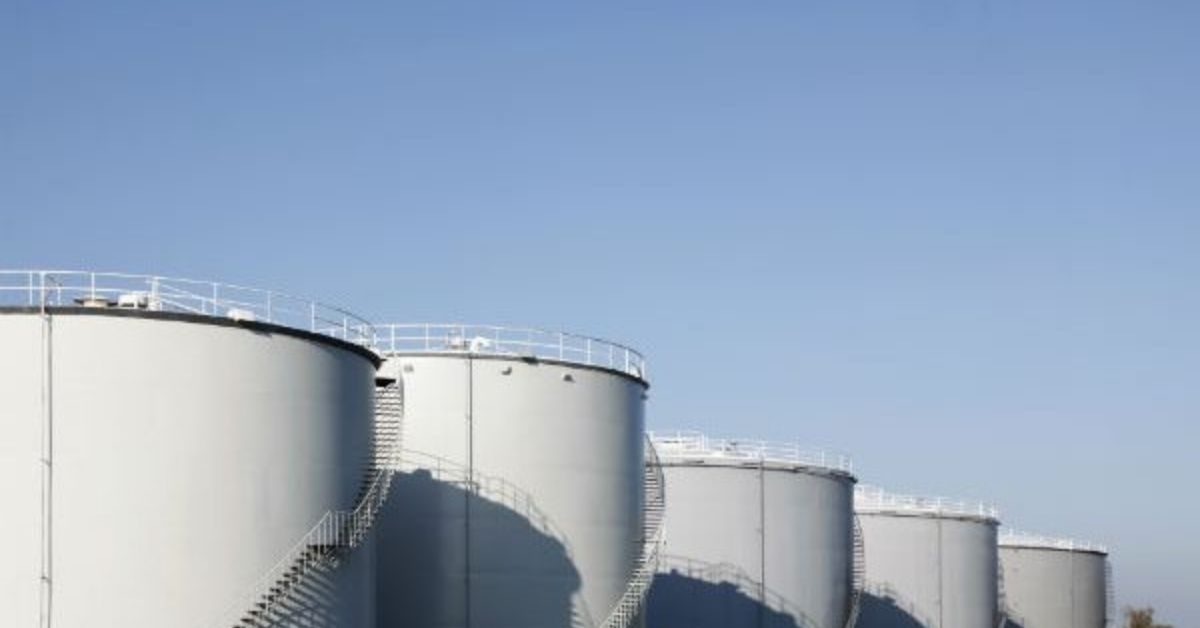New data compiled by Bureau Veritas VeriFuels shows that the range of viscosity measurements found in very low sulphur fuel oil (VLSFO) has narrowed since Q1 2020, and while only 2% of fuel samples were deemed off-spec in Q1 this year, the presence of sediment was the cause in 40% of these cases.
The Q1 report issued by VeriFuel last year showed that the industry was still on a learning curve in terms of the formulation of VLSFOs and the incidence of off-spec fuels, following the implementation of IMO 2020 on 1 January 2020.
The statistics for Q1 this year, which have been shared with Bunkerspot, would appear to show a much less variable picture in terms of VLSFO ‘recipes’ with, by and large, a reduction in regional variations as well.
In its Q1 2020 report, VeriFuel noted a wide range of viscosities in the 19 ports it considered, with the maximum seen in Antwerp (372 Viscosity @50oC) followed by Algeciras (367). In its Q1 2021 report, the global average for viscosity was 115, compared with 112 in Q4 2020.
Density (@15oC) for Q1 this year is a global average of 938.9, a slight increase on Q1 2020 (933.9).
The global average for sulphur content is 0.46%, and this has remained the same for each quarter since Q1 2020. Total Sediments Aged (TSA) (% m/m) has also remained constant across every quarter, at 0.03.
Al+Si (mg/kg) has stayed reasonably level across the past year, and Q1 2021’s figure of 18 is the same as for Q1 2020.
The incidence of off-spec VLSFOs was 2% for the last quarter, the same as for Q4 2020, and compared with 3% seen in Q1 last year.
A little more variation is seen when Q1 2021 is considered on a month-by-month basis. Global average viscosity has fallen from 122.1 in January to 109.7 in March. Density is little changed, but off-specs have climbed slightly month on month, from 2% in January to 2.6% in March.
Looking at averages on a port-by-port basis, then there is still a considerable variation in viscosity, although not to the extent seen in Q1 2020.
In Q1 this year, Kingston samples showed the highest average viscosity (263), followed by Algeciras (195) Las Palmas (192), Fujairah (157), Malta (147) Zhoushan (139), and Piraeus (138).
At the other end of the viscosity ‘scale’, ARA was 91, Singapore (85), Santos (55), Novorossiysk (41) and Durban (39).
There was not a wide spectrum of density measurements, with Algeciras registering a quarterly average of 965.1, followed by ARA at 950.8, and the lowest was at Novorossiysk (912.5).
The highest average sulphur content in VLSFOs was found in Lagos, at 0.49%. The key bunker hubs of ARA, Fujairah, Gibraltar and Singapore all had sulphur content averages of 0.48%.
Al/Si content was 35 at Houston, 33 for Balboa, and 28 at Algeciras. Ports with the lowest average Al/Si content were Durban and Lagos (5) and Kingston (7).
Several ports had no off-spec fuel samples in Q1 2021: Algeciras, Colombo, Durban, Fujairah, Gibraltar, Hong Kong, Istanbul, Kingston, Las Palmas, Novorossiysk, Santos and Zhoushan.
Of the seven ports that did have off-spec samples, Lagos was top of the list with 12.4% of total samples tested, and this was attributed to sulphur content seen in February and March. Water content in March was responsible for 6.4% of samples being off-spec in Malta, and the presence of water also accounted for 1.7% of fuel samples being off-spec in Singapore.
The presence of sediment was the cause of off-spec samples in Houston (6.1%), Balboa (4.2%), ARA (4%) and Piraeus.
Looking at all off-spec fuels samples, TSA was the cause of 40% of off-specs, water, 36%, and sulphur, 17%.
The ports reviewed by VeriFuels for its Q1 2021 statistics were: Algeciras, ARA, Balboa, Colombo, Durban, Fujairah, Gibraltar, Hong Kong, Houston, Istanbul, Kingston, Lagos, Las Palmas, Malta, Novorossiysk, Piraeus, Santos, Singapore and Zhoushan.
Source : Bunker Spot







